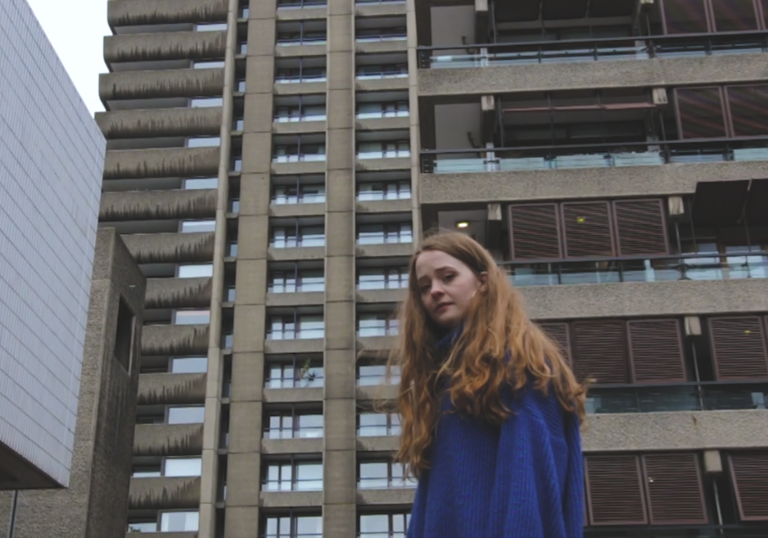What inspired your poem this month?
I was thinking about women because it’s International Women’s Day this month (and I am one) and it’s 100 years since (some) women got the vote. This led me to think about the suffragette movement and in considering that I found the parallels with present day too pertinent to ignore. The treatment of women detained at Yarl’s Wood and the dialogue surrounding that, in particular the dismissive attitude towards their hunger strike, was something I felt compelled to write about.
Natasha Walter, the director of Women for Refugee Women, said: ‘Our research has shown that the Home Office is breaking its own rules. Most women put in detention after seeking asylum are survivors of gender-based violence, and Home Office rules say that such women should not be detained.’
Change starts with people using their voice – we then have to follow it through with action
Who do you think writes well on the topic of change?
This is a really difficult question because I think so many poets at least touch on this in their work – it’s kind of impossible not too. Poetry and poetry facilitation can be used to directly enact change; Anita Barton-Williams with ‘Heaux Noire’, a platform for black & brown women, Joelle Taylor with ‘Songs My Enemy Taught Me’ and her work with survivors, Rachel Long’s ‘Octavia’, a collective for womxn of colour and Travis Alabanza who creates essential and beautiful work as one of the most prominent queer artistic voices in the UK right now.
How has poetry changed your life?
A number of years ago, I was in a room of writers and we were told to put your hand up if you didn’t feel you had a voice. Out of the group, two women and myself put up our hands. Those artists are two of the most important people in the UK poetry scene right now. Their work is beautiful, powerful and vital.
Before finding poetry, the closest I ever felt to being able to communicate how I felt about myself and the world around me was through dance. When I found poetry, I felt for the first time like I had found a home in my own voice.
Why do you think poetry is a good way to talk about change?
Poetry is a way to be heard, to communicate and debate. Change starts with people using their voice – we then have to follow it through with action.

